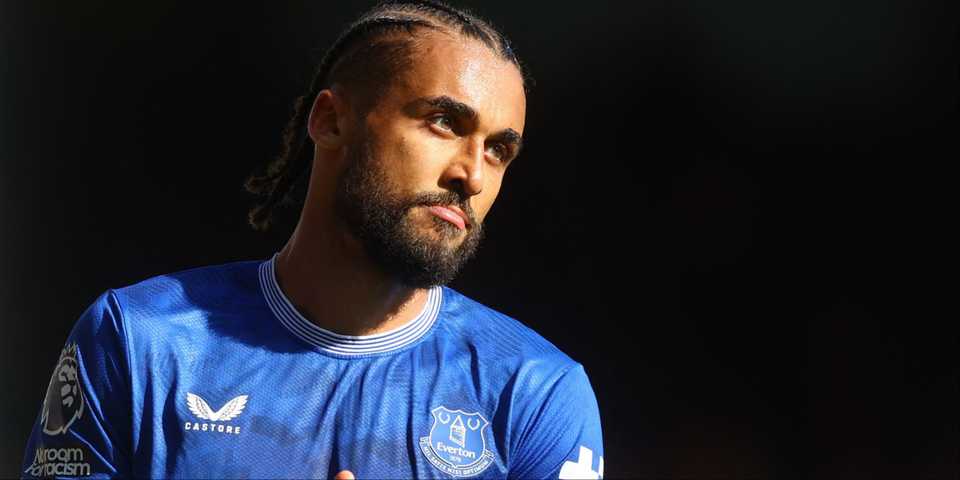The High Cost of Failure: Everton’s £19m Wages for Flop Bernard
Everton Football Club is on the cusp of a new era, with the Friedkin Group poised to complete their takeover from Farhad Moshiri. As the Toffees embark on this fresh chapter, they do so with a mix of optimism and caution. The lessons of the past must be heeded, particularly when it comes to player signings and wage management.
One such lesson is the cautionary tale of Bernard, the Brazilian winger who joined Everton in 2018. Signed on a free transfer from Shakhtar Donetsk, Bernard’s arrival was met with excitement and anticipation. Marco Silva, the then-manager, hailed him as a “quick player, very good technically” who could play on either wing or as an attacking midfielder.
The Promise and the Reality
Fast-forward three seasons, and Bernard’s Everton career was marked by underwhelming performances and a lack of consistency. Despite his undoubted skill and pace, he struggled to nail down a starting spot, making just 84 appearances across all competitions. His goal return? A paltry eight goals.
The stark contrast between promise and reality is jarring. Bernard’s wages, however, told a different story. His £120k-per-week contract totaled £19m over three years, making him one of the club’s top earners. This substantial investment yielded meager returns, serving as a stark reminder that big wages don’t guarantee success.
The Calvert-Lewin Conundrum
As Everton navigates this transitional period, they face another pressing concern: Dominic Calvert-Lewin’s contract. The England international’s deal expires at the end of the season, and negotiations have stalled. Juventus lurks, ready to pounce on the talented striker.
Calvert-Lewin’s situation raises questions about Everton’s wage structure and recruitment strategy. Should they renew his contract, potentially increasing his wages? Or do they seek a cost-effective replacement? Bernard’s example serves as a warning against overspending.
The Friedkin Group’s Challenge
The incoming owners face a daunting task: balancing finances and ambition. Everton’s wage bill must be managed prudently, avoiding costly missteps like Bernard’s. The January transfer window will test their resolve.
Wage Burners: A Series
FootballFanCast’s Wage Burners series examines the salaries of modern football, highlighting cases like Bernard’s. This series aims to spark discussion and encourage responsible financial management in the beautiful game.
Lessons from the Past
Everton’s history is replete with examples of costly signings. The Moshiri era, in particular, has been marked by questionable transfers. Bernard’s story serves as a reminder that big wages don’t always equal big returns.
The Search for a Viable Alternative
Should Calvert-Lewin depart, Everton needs a reliable, cost-effective replacement. This search will require astute scouting, negotiation, and financial management.
The Impact on Team Dynamics
Bernard’s presence had a minimal impact on Everton’s team dynamics. His lack of consistency and goal output hindered the team’s progress. In contrast, Calvert-Lewin’s physicality and focal presence have been crucial to the Toffees’ attack.
Conclusion
Everton’s £19m investment in Bernard serves as a stark reminder of the risks involved in player signings. As the club embarks on a new era, they must balance ambition with financial prudence. The lessons of the past must inform their decisions, ensuring that costly mistakes are avoided.
The Future of Everton
The Friedkin Group’s takeover brings renewed optimism, but also a chance to rectify past errors. Everton must navigate the complexities of player signings, wage management, and team dynamics. By learning from Bernard’s cautionary tale, they can build a stronger, more sustainable future.
